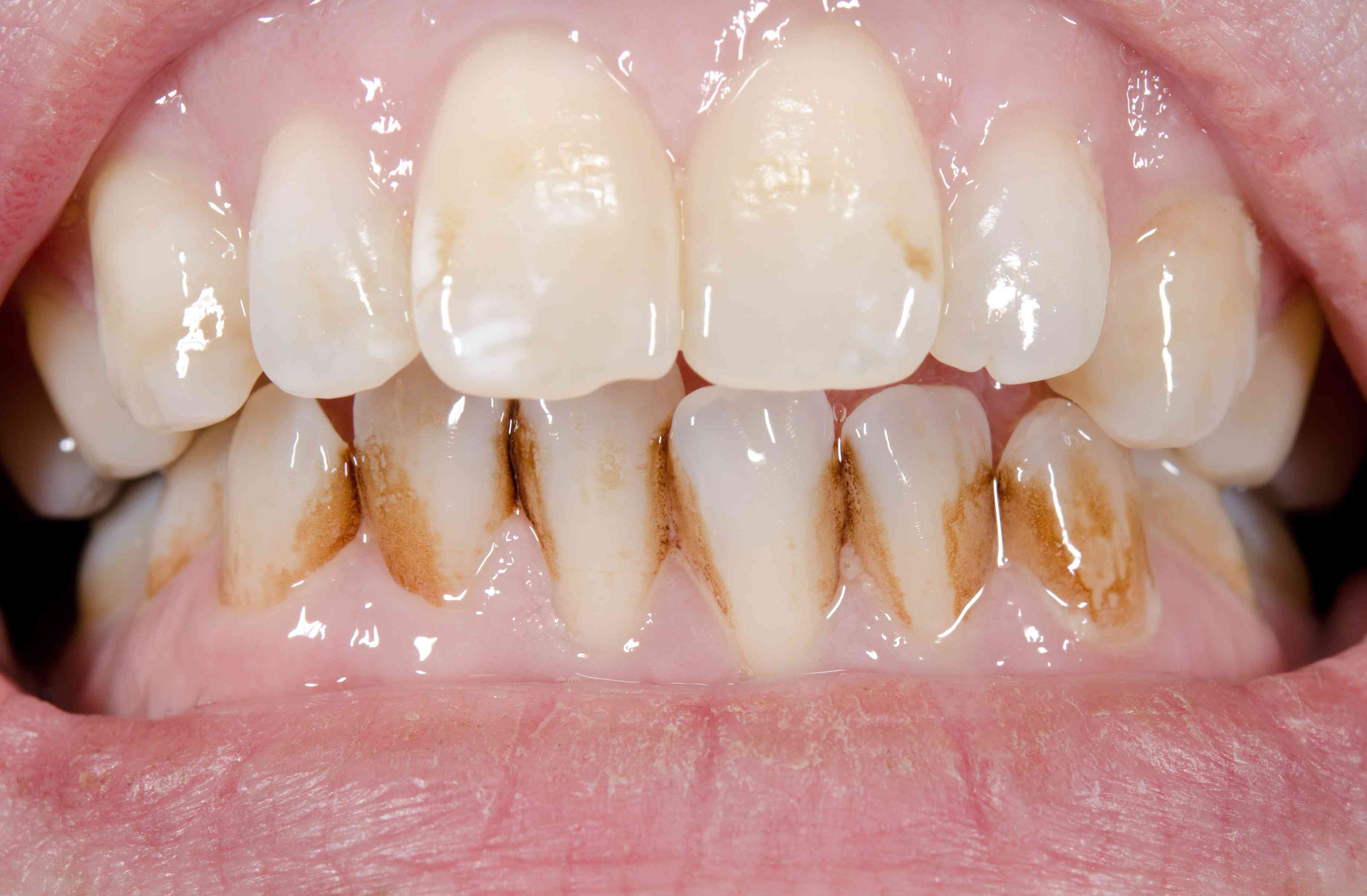
 In a study, scientists examined the remains of 30 Roman men, women and children killed during the eruption of Mount Vesuvius in Pompeii in AD 47. The CAT scan results reveal that the teeth of ancient Romans were in better condition than those of people today. Conducted by an expert team of Italian archaeologists, orthodontists, anthropologists and radiologists, this remarkable discovery will broaden people’s understanding of the Roman world.
In a study, scientists examined the remains of 30 Roman men, women and children killed during the eruption of Mount Vesuvius in Pompeii in AD 47. The CAT scan results reveal that the teeth of ancient Romans were in better condition than those of people today. Conducted by an expert team of Italian archaeologists, orthodontists, anthropologists and radiologists, this remarkable discovery will broaden people’s understanding of the Roman world.
After months of research, the project team concluded that Romans had better teeth because of their low-sugar, fibre-rich Mediterranean diet. Because their diet was free of refined sugar, their teeth remained in excellent condition. They did not have toothpaste and toothbrushes then, but very few of them suffered from cavities, as evidenced in the CAT scans. Even children, who are quite susceptible to tooth decay or dental caries, showed remarkable oral health.
Researchers also found that many of the casualties had severe cranial injuries due to falling debris, as structures collapsed over them. What was more fascinating about the discoveries, however, is the one that concerns the dietary habits of Romans. It makes people wonder about the food politics of ancient Rome.
The bones of the victims also showed deterioration, which researchers attributed to high levels of fluoride found in Pompeii’s public supply. It was only in the early 1700s that excavations began in Pompeii, and since then, many fascinating remnants of the Roman world resurfaced.
While excavations continue in Pompeii, dental practitioners and researchers have taken an interest in the Mediterranean diet. The orthodontist involved in the study, Elisa Vanacore, confirms that Pompeiians and ancient Romans, in general, had healthier, stronger teeth and lived longer because their diet contained few sugars and was high in fruits and vegetables.
In Roman antiquity, there was hardly any need for dental treatments. According to Garden View Dental Care, tooth decay and other sugar-related problems such as obesity, diabetes, and cardiovascular disease only emerged in the Industrial age, following the establishment of sugar plantations and mass production of refined sugar.
With sugar now maintained as a valuable commodity worldwide, there’s no wonder why the most prevalent and expensive of all preventable diseases are tooth decay, diabetes, and CVD. The researchers involved in the study hopes that their discoveries will aid dental practitioners and authorities in forwarding the importance of nutrition in preventative oral care.


